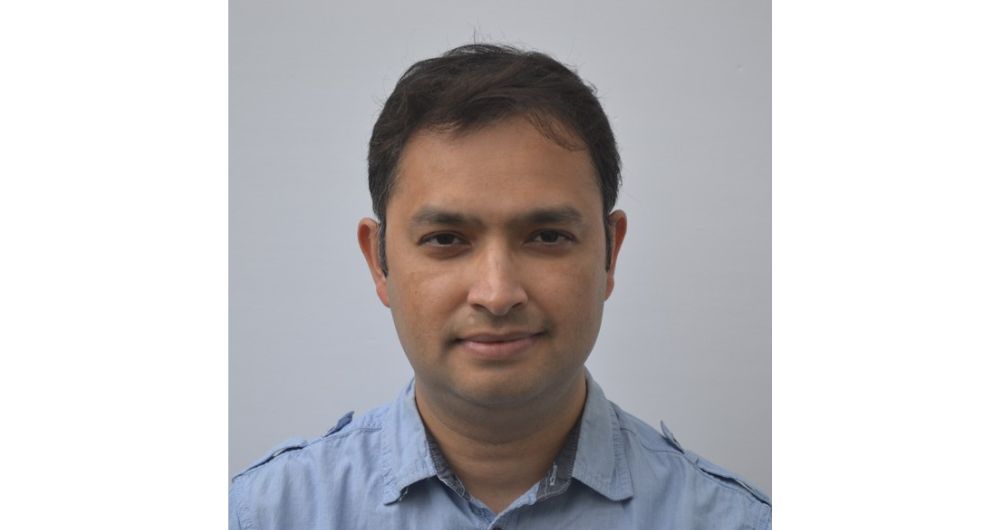
Dr Mohan Timilsina is a Postdoctoral researcher at the Insight SFI Research Centre for Data Analytics at the University of Galway. On World Health Day, he explains his work.
In 2018, there were 17 million new cases of cancer diagnosed worldwide. The survival rates of cancer patients were rather poor until recent decades, when diagnostic techniques improved, and novel therapeutic options were developed. It is estimated that more than 50% of adult patients diagnosed with cancer in the US and Europe live at least 5 years. However, this situation has led to a new challenge: to increase cancer patients’ post-treatment quality of life and well-being. To determine personalized factors that predict poor health status after specific oncological treatments, Big Data and Artificial Intelligence techniques have been very successful.
Currently, my research focuses on vital areas such as discovering drug side effects, predicting adverse drug events, survival analysis and relapse prediction in early stages of cancer, and incorporating genomic information in cancer treatment. These areas of research are critical in addressing the global health concern for treatment and management.

Fig right: An example of modelling side effects and drugs as a knowledge graph
Through my use of data-driven technology, my work has the potential to drive innovation in healthcare. By discovering potential side effects of drugs, predicting onset of adverse events, and relapse prediction in cancer, healthcare providers can take proactive measures to prevent and manage these issues, ultimately leading to improved patient outcomes. Furthermore, by incorporating genomic information in cancer or other genetic diseases, healthcare providers can develop personalised treatment plans for individual patients, leading to more effective treatments and better outcomes.
Overall, my work has the potential to contribute to the Sustainable Development Goals by advancing data-driven technology in the healthcare setting. Let us continue to work together to promote health and well-being for all.